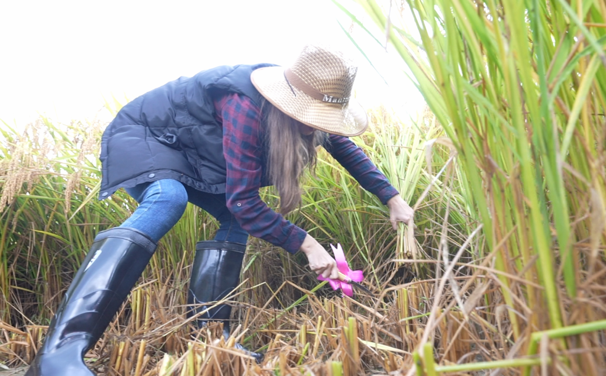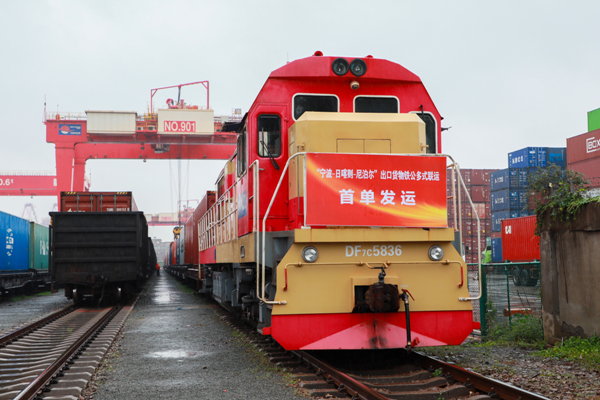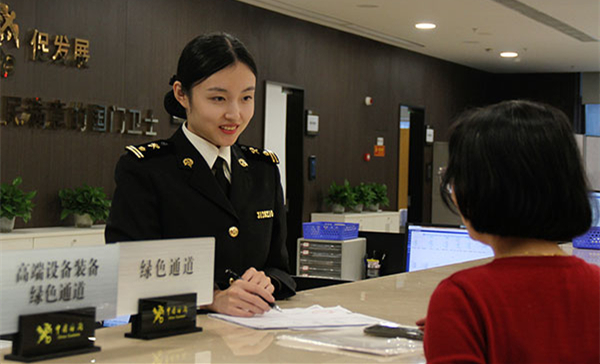E-commerce boosts rural development
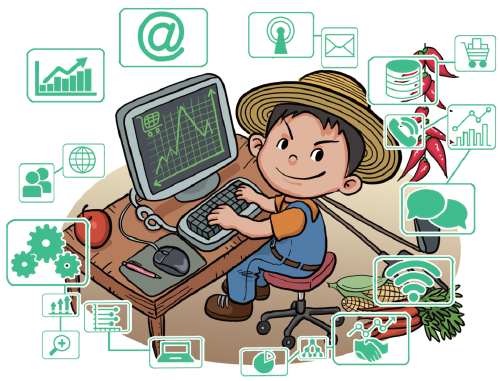
JIN DING/CHINA DAILY
China has attached great importance to the digital economy in rural development in recent years, issuing a series of policies to support the development of the digital economy in rural areas.
Digital technology's penetration into agriculture and its use to boost rural development, accelerating integration of online and offline and iterative innovations, and new formats and models such as live e-commerce, influencer marketing, community group buying, and live broadcasting of agricultural tourism have led to a boom in rural China.
Mobile phones have become "new agricultural tools" and data "new agricultural materials", and live broadcasting has become a "new agricultural work".
In fact, rural e-commerce has become an important channel for activating both urban and rural markets. Rural e-commerce has greatly enhanced the stability of the supply chains of agricultural products and promoted the rapid growth of farmers' incomes, playing a unique role in winning the battle against poverty and ensuring the stable production and supply of agricultural products even when strict pandemic-prevention and control measures were in place.
In 2021, online retail sales of agricultural products in China reached 422.1 billion yuan ($60.3 billion), an increase of 2.8 percent year-on-year.
In 2020, Pinduoduo launched an "Anti-pandemic Fighting, Loving and Helping Farmers" special zone, covering nearly 400 agricultural production areas and over 230 State-level poverty-stricken counties across the country, helping poor areas and some important agricultural production areas to sell agricultural products that earlier were difficult to market.
Rural residents nowadays pay more attention to personalized, branded and diversified consumer experience through e-commerce, and the consumption potential of rural residents is being released, while urban residents are choosing high-quality agricultural products with special features from across the country through e-commerce and getting faster and more convenient delivery.
Rural e-commerce has promoted the upward movement of agricultural products to urban areas and industrial products to the countryside, opening up an important channel that is convenient and fast, which in turn has promoted the "two-way circulation" of urban and rural commodities. Indeed, rural e-commerce has promoted the high-quality development of agriculture.
E-commerce starts from the circulation end; extends upstream on the agricultural industry chains; penetrates into agricultural production, processing, circulation and other links; promotes the "internetization" of agricultural products in production, organization, management, processing, circulation, storage and transportation, sales, marketing, branding, services and other links; improves total factor productivity; saves costs and increases efficiency; optimizes resource allocation; and facilitates the digital transformation of the entire network of agricultural industry chains.
As for rural e-commerce, it has prompted farmers to return to their hometowns for employment and entrepreneurship. In 2021, the number of different types of entrepreneurs and innovators returning to their hometowns was 11.2 million, about 1.1 million more than 2020. It was the largest and fastest growth in recent times, comprising four entrepreneurial groups: migrant workers, college graduates, retired soldiers and women. The trend also helped boost local employment.
Official data show 55 percent of the projects shifted by their entrepreneurs to their hometowns use information technology to open online stores, conduct live direct sales and contactless distribution, among other high-tech means, to create "internet-hot products". More than 85 percent are characterized by the integration of one, two or three industries, covering a wide range of production and marketing services, and agricultural, cultural tourism, education and other fields.
Yet more needs to be done to increase the use of rural e-commerce for agricultural and rural development. Although rural e-commerce has developed at a relatively good pace, it faces new challenges such as insufficient coordination of policies, uneven quality of e-commerce products, weak e-commerce infrastructure, and shortage of agricultural e-commerce professionals.
To further promote rural e-commerce, therefore, the following steps must be taken.
First, the government should establish a coordinated mechanism at the ministry and commission level to promote the development of e-commerce, strengthen top-level design and overall planning, take existing engineering projects as the starting point to develop industries, and promote the integration of rural e-commerce infrastructure and public service resources.
The government should also give full play to the synergistic and complementary effect with market input, by establishing and improving a longer-term government-enterprise interest linkage mechanism, working together to enhance the support and guarantee to rural e-commerce public services, and helping standardize rural e-commerce, and promoting its healthy, high-quality development.
Second, the government should take measures to improve rural e-commerce infrastructure, further integrate Internet Plus-agricultural products into the city project and e-commerce into the rural comprehensive demonstration project, thus promoting the construction of an agricultural product storage and preservation cold chain logistics facilities project, transforming and upgrading rural delivery logistics infrastructure, and opening up the agricultural products sector by shifting it "out of the village into the city" channel.
And third, the authorities should increase the scope and scale of personnel training, organize more e-commerce special training programs for rural practical talent leaders, and promote resource docking, scale development and collaborative progress.
Fan Shenggen is a chair professor at the Academy of Global Food Economics and Policy, China Agricultural University; and Guo Hongdong is a researcher at the China Academy of Rural Development, Zhejiang University.
The views don't necessarily reflect those of China Daily.
If you have specific expertise or would like to share your thoughts, then send your writings to opinion@chinadaily.com.cn and comment@chinadaily.com.cn.

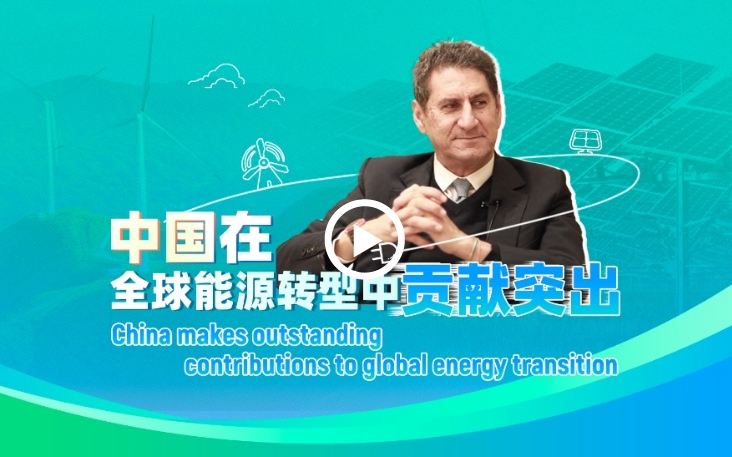 China makes outstanding contributions to global energy transition
China makes outstanding contributions to global energy transition 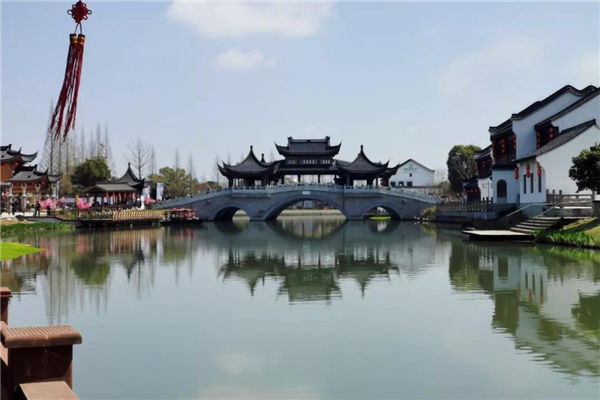 Ningbo village inspires Malawi official
Ningbo village inspires Malawi official  A look at China's economic data in the first three quarters of 2024
A look at China's economic data in the first three quarters of 2024 